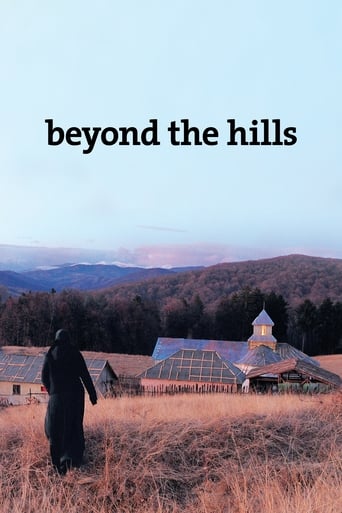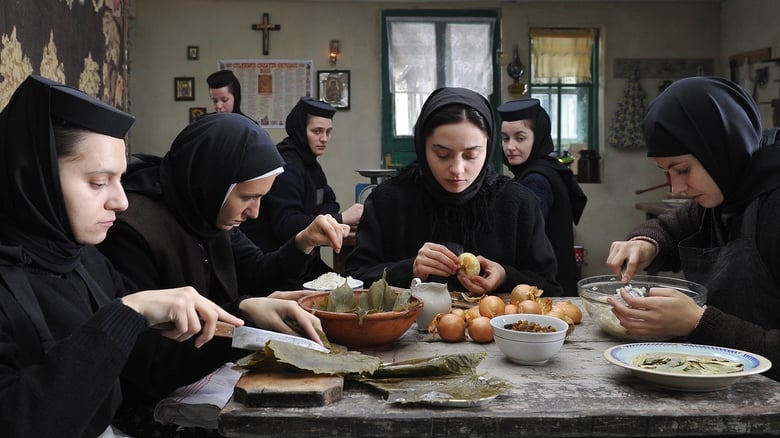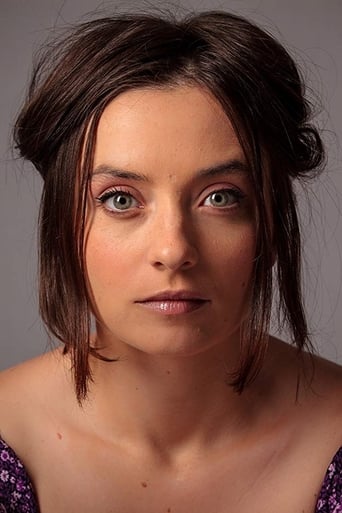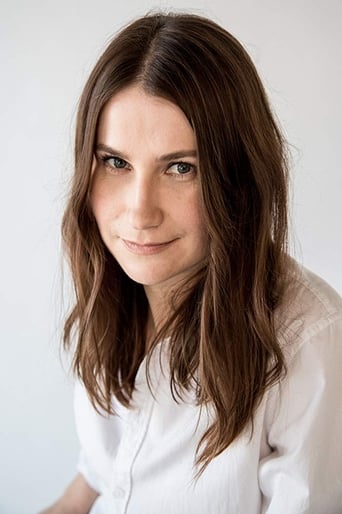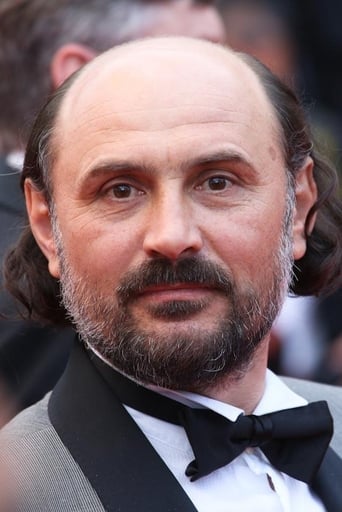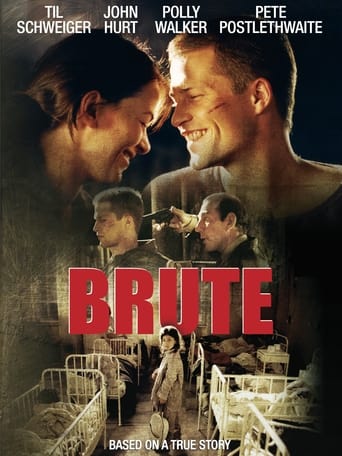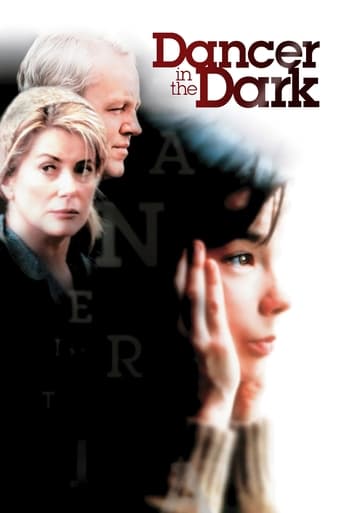Beyond the Hills (2012)
Alina returns to Romania from Germany, hoping to bring Voichita—the only person in the world she loves and was loved by—back with her. But Voichita has found God, and God is the hardest lover of all to best.
Watch Trailer
Cast
Similar titles
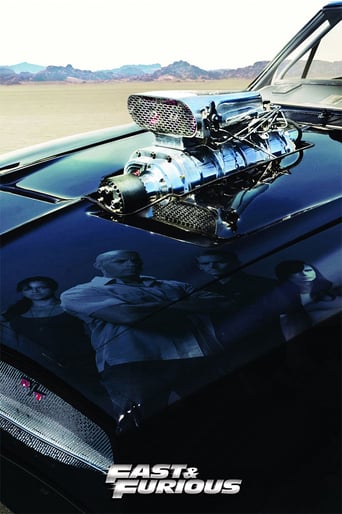
Reviews
Excellent but underrated film
A Disappointing Continuation
The best films of this genre always show a path and provide a takeaway for being a better person.
The film never slows down or bores, plunging from one harrowing sequence to the next.
Of all the many, many foreign language films I have seen, only a sparse handful are from Romania, but every one of them has impressed me with their rich detail, and their sensibilities to the lives of people in their country. Beyond the Hills, directed by Cristian Mungiu (who also did the masterful 2007 film 4 Months, 3 Weeks and 2 Days) continues in that pattern. It tells the story of two young women, longtime friends who grew up together in an orphanage. Their lives have taken very different paths while they've been apart. One, Voichita, played by Cosmina Stratan, has found a calling as a nun in a Romanian convent; the other, Alina, played by Cristina Flutur, has lived in Germany for work, and once they reunite there's a tension from the start. The person that each has become, conflict with the relations they used to have to each other—relations of a deeper sort at least one of them wants to rekindle once more. While both young ladies staying at the convent, Alina is impatient with her friend's Orthodox piousness, and angry with the other nuns and the head priest there, and she acts outs erratically and at times violently. Voichita meanwhile tries to make Alina find her way in God. Both these performances, of almost polar-opposite tones, come in vivid believability. Flutur's wildness is extraordinary to see, but Stratan's emotive restraint is nearly as impressive. The pace of the story builds gradually but never uninterestingly, rich with the Romanian setting and character interactions, making scenes of even apparent mundane tasks compelling (a scene of Voichita getting her friend a document reminded me a lot of a scene in Mungiu's, 4 Months, 3 Weeks and 2 Days, where one the main character tries to register a hotel room for her friend to get an abortion in). It's has a gritty realism that doesn't typically shock (though there is at least one big shock) as much as it gets under the viewer's skin.Beyond the Hills is not an easy film to watch, particularly in the turn it takes towards the end. I won't say much about it other than it concerns very much how the push and pull conflict of the two protagonists comes to ahead in a sequence of ignorant decisions based on superstition (in addition to the lack of interest of people outside the convent). At the end, there's a shot of somebody's face that will not be easily forgotten. This is a film which rewards patience and appreciation of detail, and though at nearly two and a half hours it is not a slog at all if you let it draw you in. It's not quite at the level of 4 Month, 3 Weeks and 2 Days, but, thanks in large part to the two strong leads and the director's building of their story, it comes quite close.
Save yourself 2 hrs of life and go to bed early if you have nothing else to watch.Seriously.Characters are unrealistic, not much of a story, the biggest puzzle for me is how it got the main prize in Cannes..... Acting is poor, there is no background to understand what brings and keeps the women in the monastery, why blind obedience and suppressed feelings.There is no clues to what happened in the past between the two,main characters, and it is hard to believe that such different characters could have ever had much in common. Poor 'story' - as far as I am concerned, there is no story.
"Beyond the Hills" is a remarkable film that depicts a world straddling between the superstitious past and the secular present: the desire for peace, tranquility and certainty versus a yearning for freedom and personal fulfillment. The Orthodox convent we see beyond the hills is inhabited by a priest and nuns living spartan lives of work and prayer. As we would expect they are largely disapproving of changes going on in the outside world. When, Alina, a childhood friend of one of the nuns arrives for a visit with an electric candlelight they can't use because they have no electricity it is a precursor of problems Alina will have adjusting to religious life with its emphasis on rules and conformity. In time it becomes evident that Alina is a deeply troubled girl. At one point she is rushed to a local hospital where she encounters an indifferent medical bureaucracy that can offer little more than band aids for the tsunami of societal ills. A wonderful thing about this film is its refusal to stereotype characters. The doctor at the hospital is well-intentioned. He does what he can given the limited resources at his disposal. Likewise the priest in charge of the convent is no villainous cult leader. He tries to help in ways consistent with his belief that aberrant behavior is symptomatic of demonic forces. The performances are excellent. Cosmina Straton is outstanding as Voichita the nun who desperately wants to help her friend but is unable to give her the one thing she desires. Christina Flutur brings outward toughness and inner fragility to the role of Alina. Bringing great credibility to their roles of Priest and Mother Superior are Valeriu Andriuta and Dana Tapalaga.The modern world of "Beyond the Hills" is a hostile, unforgiving place. Religion may offer solace for some but it's hampered by its adherence to antiquated rituals and practices. The healers whose job it is to piece together the human wreckage confront an impossible task and usually descend into pointing fingers and passing the buck. Directed with great deliberateness and sensitivity by Cristian Mungiu.
Like with many good films as there are many possible readings of the film and I'm sure its perception and understanding is and will be different depending on the personal experience of the audience, their relationship to the concepts of faith and friendship that are addressed in the film, their knowing of the realities of Romania today. First of all I think this movie should be seen as a work of art, a reflection and an opinion on a piece of reality, there is no judgment or assertion in the film with one exception that I will mention later, no pretend to express an absolute truth about the whole of the reality and even about the small universe of his characters. The viewer is left right to decide or judge, to sympathize or be indignant. Everybody at his own risk.In a way the subject of 'Beyond the hills' takes one of the central themes of '4 Months, 3 Weeks and 2 Days', the friendship between two female characters, two young women barely out of the teens, who must face a world of hazards. Unlike the movie that received the most important prize at Cannes a few years ago, here the heroines are girls much simpler as education, marked by fate from birth, being abandoned in an orphanage, where they become friends, and there are enough clues in the film that shows their relationship becomes more than just a friendship. Fate separates them for a while and when the film begins Alina (Cristina Fluture) returns from Germany to take her girlfriend Voichita (Cosmina Stratan) with her to work abroad.The relationship between Alina and Voichita develops slowly before our eyes. Alina finds Voichita at peace with the world after in a small monastic community between hills, among sister nuns and under the guidance of the priest (Valeriu Andrii) whom affectionately she calls 'Daddy'. The ascetic life of nuns, the caring relationships with the village or small town nearby are described simply and honestly, they seem positive and beneficial in a world that changes to the unknown and not necessarily for the better. It is true that the primary focus is to materiality, to solutions that offer peace and refuge in ritual rather than a deep spirituality, but no other institutions presented in the film (hospitals, police) seem to be able to provide clearer answers or solutions problems faced by people. Despite negative criticism received by the film in Romania, I believe that the approach taken by the script towards the church is at least neutral, if not positive at least up to a point.The friendship or more than friendship, love between two girls will slowly be evolving toward tragedy. Whilst for Alina the love for Voichita is an obsession, Voichita is trying to attract her friend towards the life she had chosen. Mungiu does not give any explanation in terms of the reasons or motivation of Voichita's faith and and also not about Alina's violent outbursts, often they are not shown explicitly, we know they happen through the eyes of other characters. Is this a case of possession, and then resort to exorcism might be motivated, at least in terms of a certain category of religious beliefs? Or maybe it's a mental illness in the family, perhaps hereditary, as suggested by the character of the brother (Ionut Ghinea)? I was taught to believe that diseases can be cured in hospitals or specialized medical institutions, the science sooner or later finds a remedy. None of this happens in the film, profane systems seem to be powerless when faced with Alina's case and appeal to the sacred, even in an extreme form seems justified in the logic of the story. Watershed and breaking is the decision that cancels free will. It is the only time when we feel that Mungiu has an attitude. Everyone is well intentioned when the decision is taken to proceed with exorcism, but the lack of authority to make a decision regarding the fate of a man pushes things a fatal slope. Here comes the extreme, even violent part of the movie, but again it is narrated in a detached manner, with attention to details, especially emotionally significant details. For a moment I felt however that Mungiu's neutrality mask seemed to have fallen.I will not dare describe the many moments of beauty and truth in the film. Mungiu creates together with the operator a life image of the small monasteries that remain imprinted in memory, with the white of the snow righteous unable to purify or even cover horror. The truth will come to light sooner or later in terms of the secular society. Not in terms of spiritual, sacred world, the second half of reality to which the film tries to open a gate. We'll also see in the film many meals, Mungiu's film likes to put people around food, and it presents those by the filter of Christian iconography and lifestyle with amplified significance, but they are devoid of the spiritual dimension, this dimension that is missing in the film despite the presence of institutionalized church. As always for Mungiu and other representatives of his generation, the details are as important as the whole, the secondary characters are as rigorously chosen and each portrait is as living and complex as the lead ones. Acting is impeccable. The Romanian cinema is still on the top of the wave.
